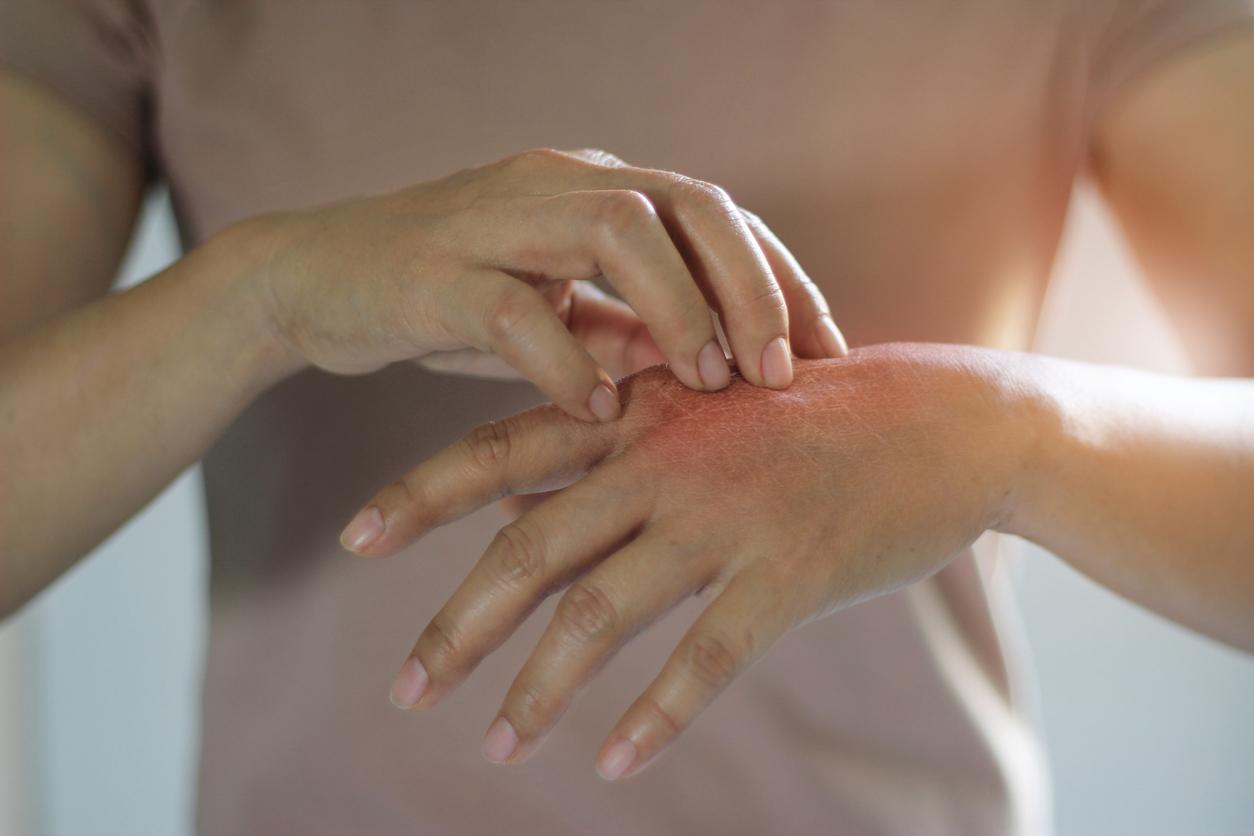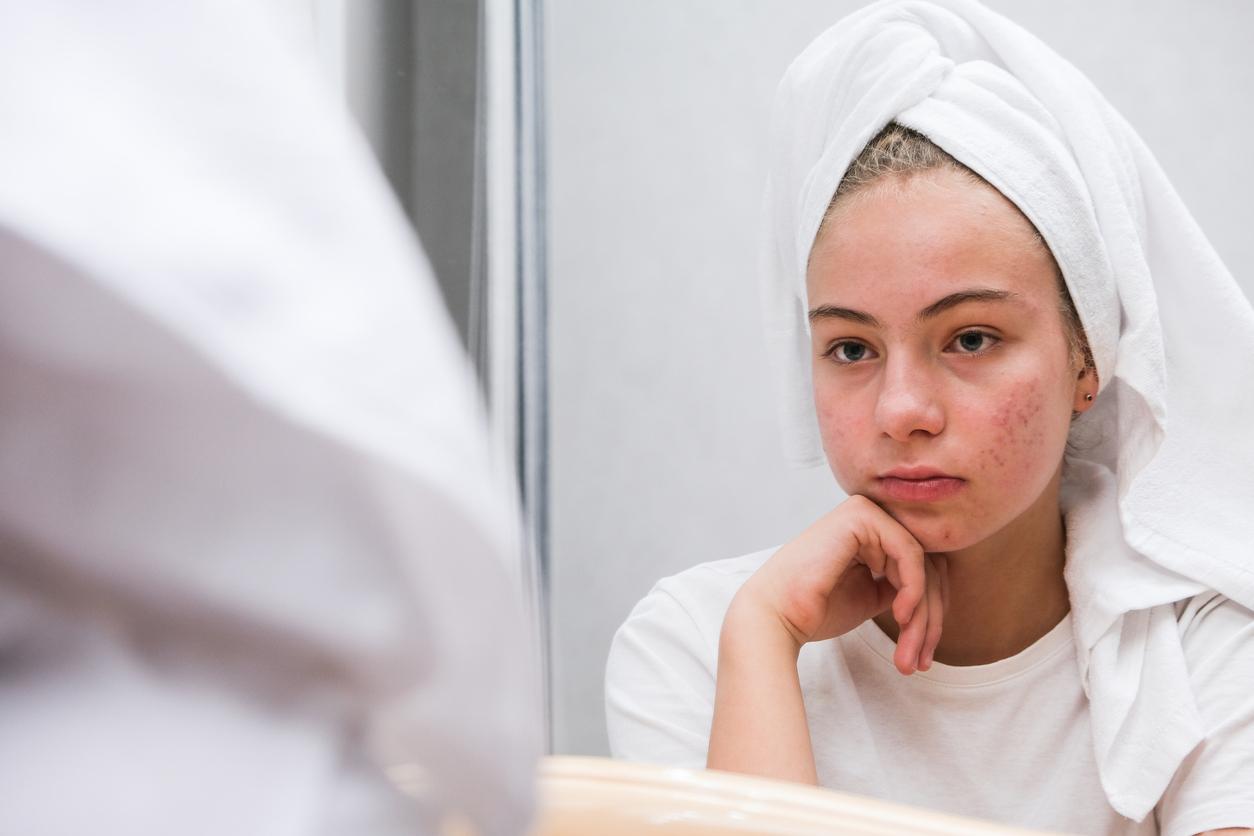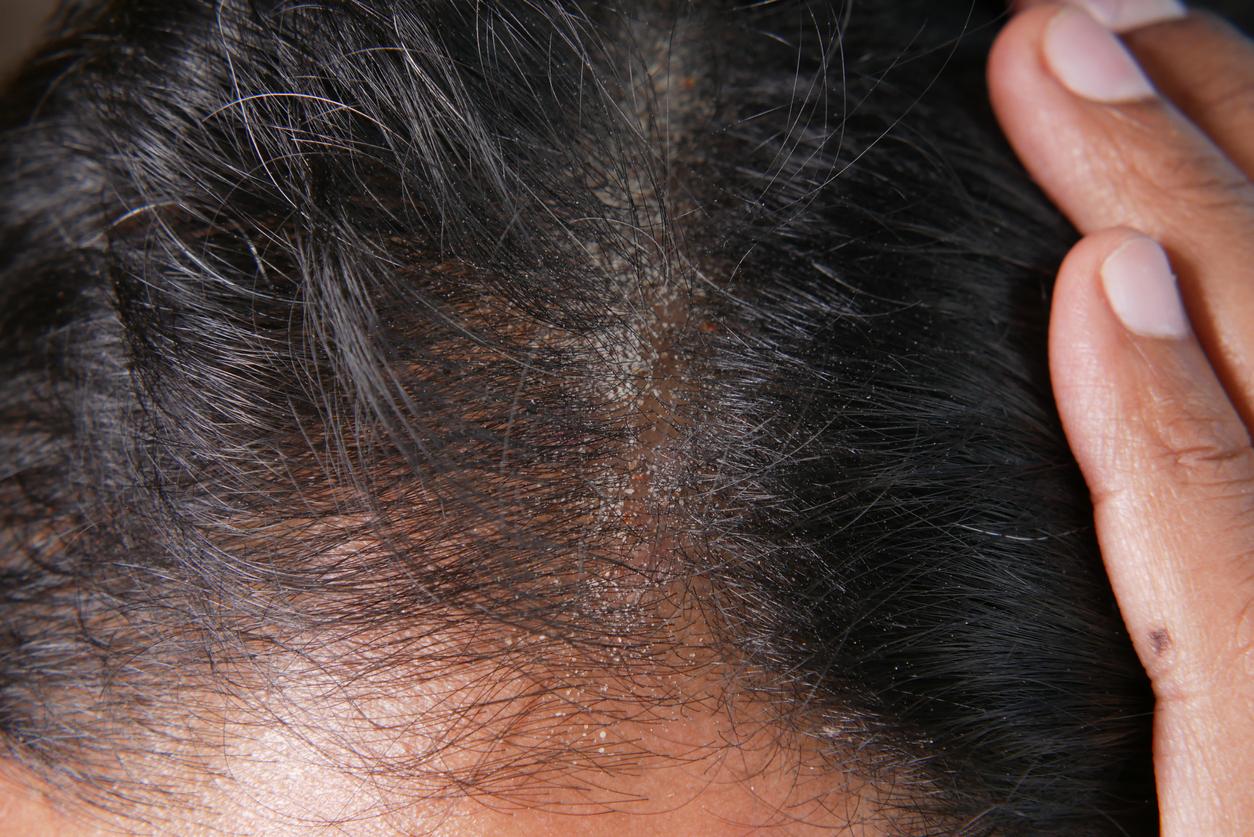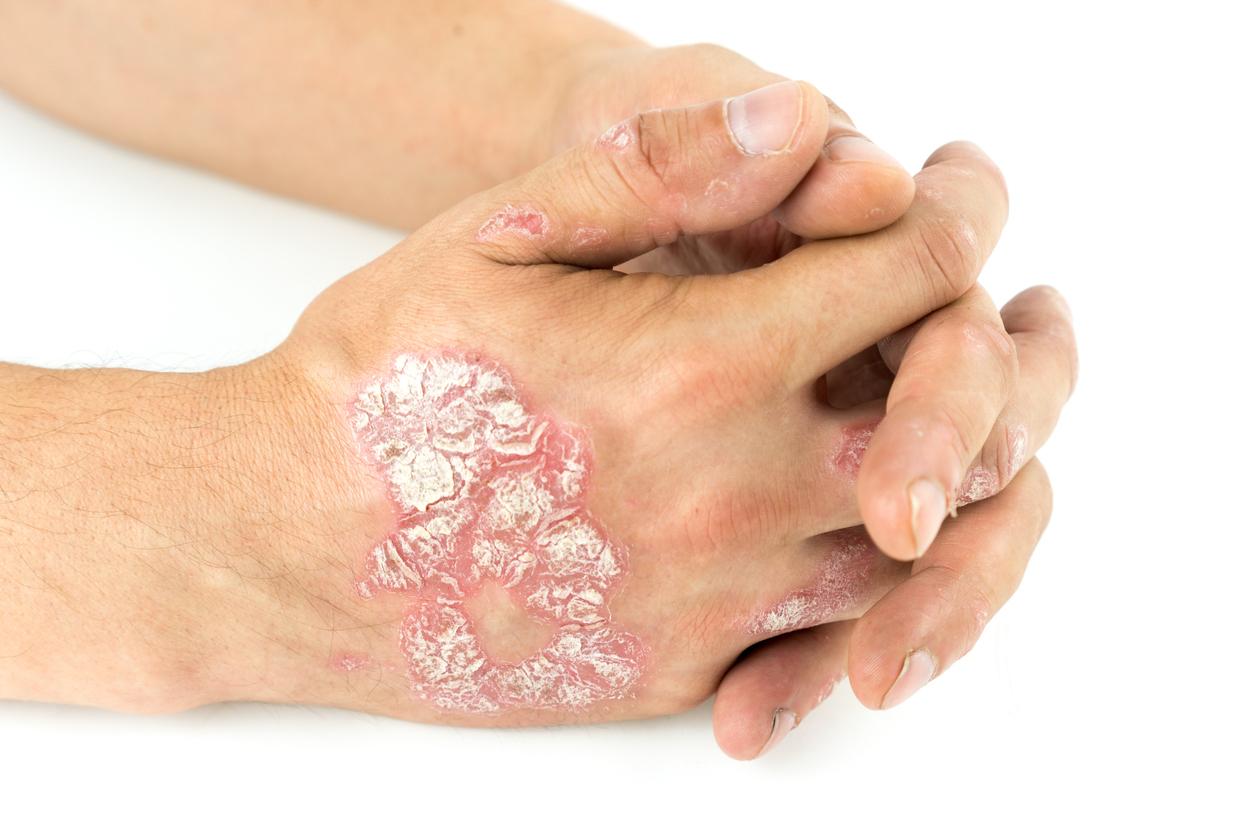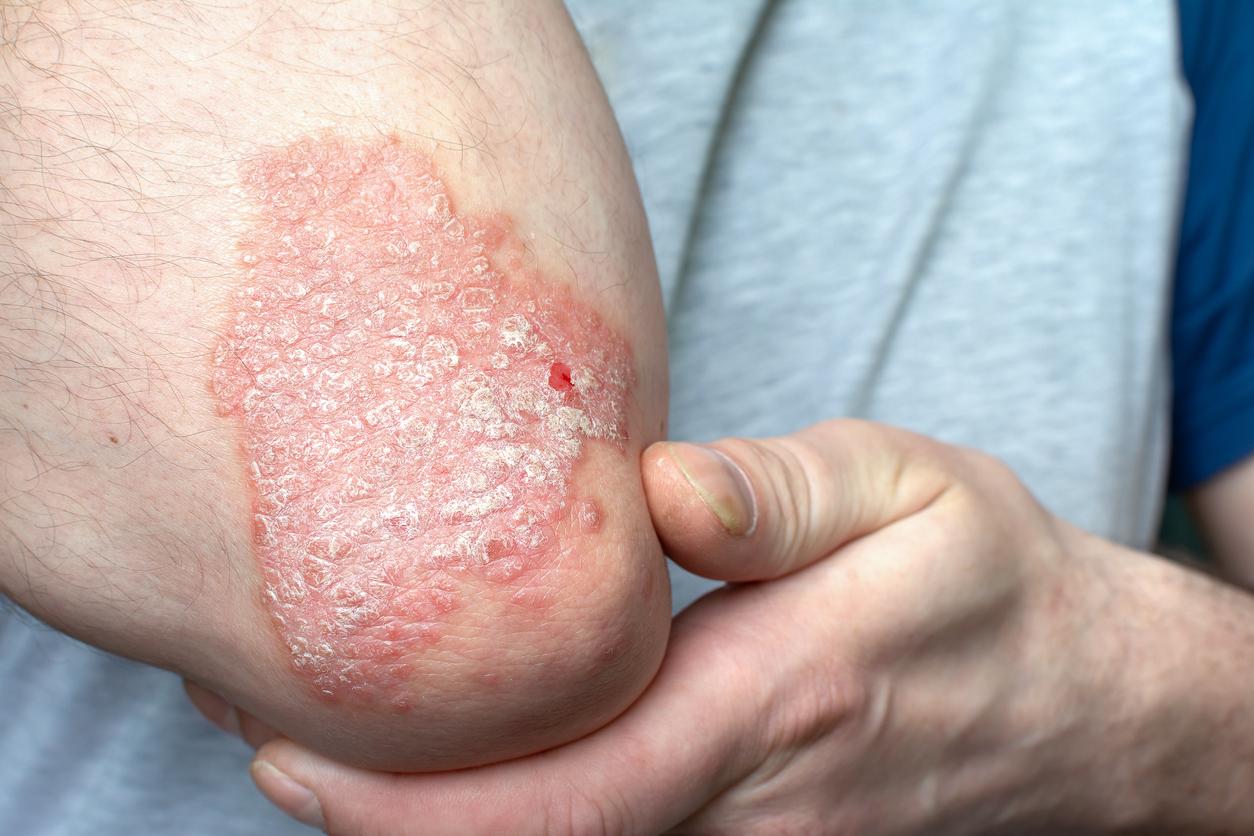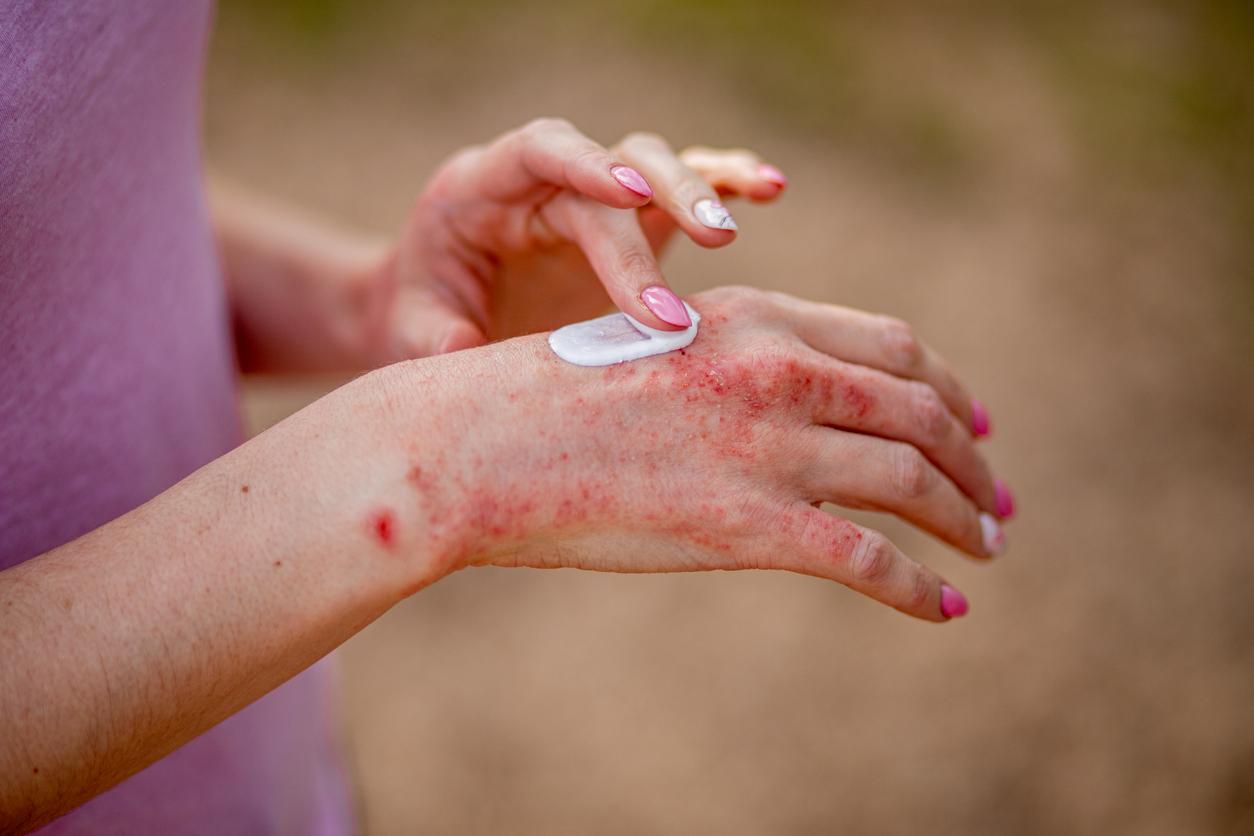Verneuil’s disease could be linked to an imbalance of the intestinal microbiota.
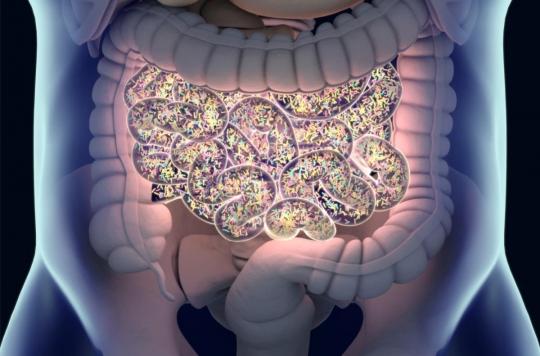
The health of our intestines has a significant impact on our general physical condition. Research from Hacettepe University, located in Turkey, proves it once again: according to its conclusions, Verneuil’s disease could be the consequence of an imbalance in the intestinal microbiota. The findings of this study were made public at the Symposium 2021 of the European Academy of Dermatology and Venereology.
What is Verneuil’s disease?
This pathology, also called hidradenitis, is characterized by abscesses and/or nodules in the armpits, anus or inside the thighs, which appear during inflammatory attacks. These can be very painful, which considerably affects the quality of life. Today, treatments can act on abscesses and nodules, but the drugs administered over the long term, to prevent flare-ups, are not effective in all patients. In France, approximately 600,000 people are affected.
Insufficient bacteria present
The precise causes of Verneuil’s disease have not yet been clearly established. In this new study, Turkish researchers performed analyzes on stool samples from healthy and sick patients. They found that certain bacteria were present in smaller quantities in sick people, compared to unaffected people: clostridium, firmicutes and fusicatenibacter. “We know that reduced amounts of these bacteria upset the balance in the gut and stimulate the inflammatory response“, say the researchers.
Therapeutic avenues?
More research will be needed to learn more about the links between the disease and bacteria in the gut, but for the researchers, these initial results are an important step. “Our study suggests that dietary modification and the administration of personalized dietary supplements may benefit patients with hidradenitis, especially when they have few treatment options.“, rejoices Dr Neslihan Demirel Ogut, co-author of this research.








